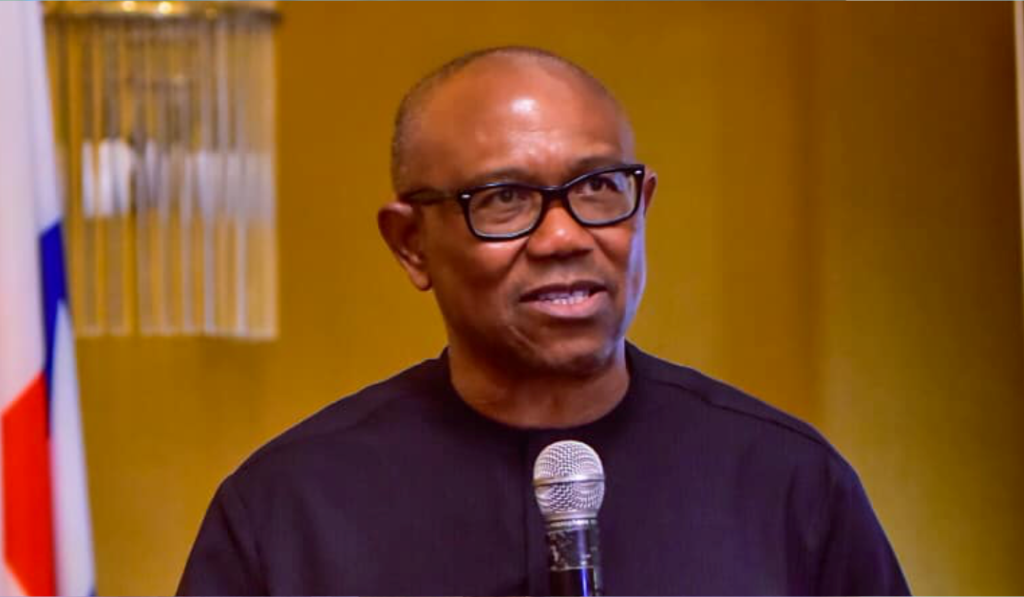Former Labour Party presidential candidate, Peter Obi, has strongly criticised President Bola Ahmed Tinubu’s administration for introducing a 5% tax on all refined fuel sales, warning that the policy will deepen the economic hardship facing millions of Nigerians.
In a statement posted on Wednesday night, Obi questioned why the Federal Government would impose additional financial burdens on citizens who are already grappling with high transportation costs and rising living expenses.
Obi Questions Government Priorities
Obi noted that President Tinubu recently boasted about meeting revenue targets, yet the government was imposing new taxes instead of easing hardship.
“Mr. President just yesterday boasted that Nigeria has met its revenue target for the year. Yet instead of easing hardship, the government imposes more burden on Nigerians,” Obi said.
He stressed that leadership should not be about “giving burdens” but about “reducing suffering, care, and compassion.”
The former Anambra governor also pointed out that the Compressed Natural Gas (CNG) alternative touted by the government has become unaffordable, with prices rising from ₦230 to ₦450 per standard cubic metre after subsidies were quietly removed.
“When Will Nigerians Truly Breathe?”
Obi posed a rhetorical question, asking: “When will Nigerians truly breathe?”
He argued that if Nigeria indeed has “excess revenues” as claimed, such funds should first be directed towards education, healthcare, and poverty reduction rather than new taxes.
“This 5% fuel tax should wait until Nigerians begin to see tangible improvements in their lives from all the many promises from Mr. President,” he added.
Rising Costs Spark Growing Outrage
The announcement of the 5% tax comes at a time when Nigerians are already struggling with rising fuel prices, high inflation, and increased cost of living. Transportation and energy costs have been major drivers of household hardship since the removal of petrol subsidies in 2023.
Critics say the policy risks worsening public discontent, while businesses warn it could further drive up production and logistics expenses across the economy.
Stay tuned to 9am News Nigeria for more Breaking News, Business News, Sports updates And Entertainment Gists.
















